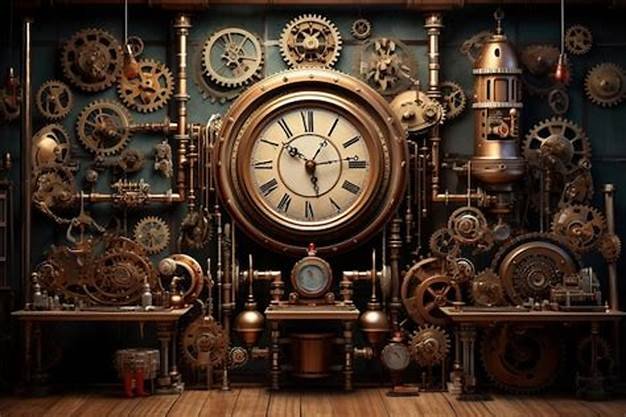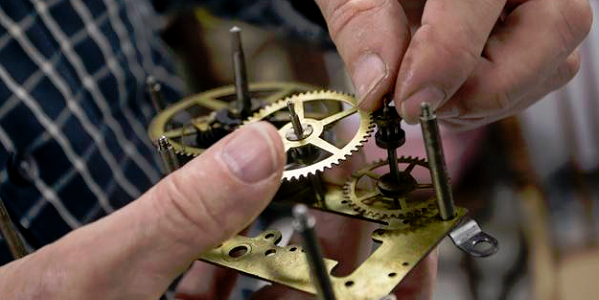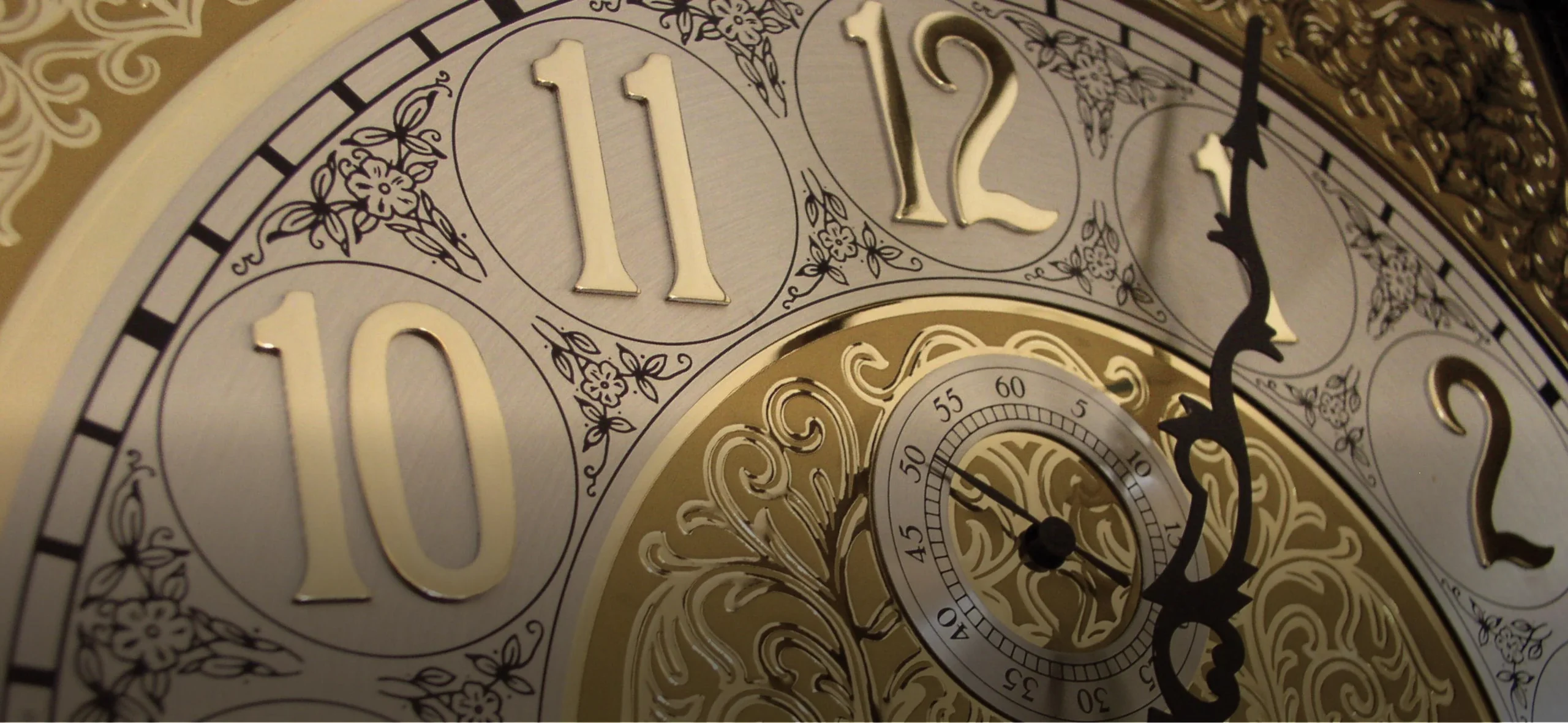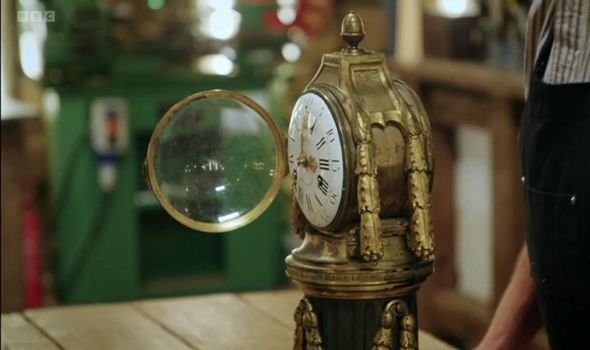Clocks are timeless pieces that add both function and style to any room. However, like any mechanical item, they can develop issues over time. Whether you own a vintage clock or a modern timepiece, problems like inaccurate timekeeping or chime malfunctions can arise. Fortunately, many common clock issues have simple fixes that you can handle at home. In this guide, we will explore some of the most frequent clock problems and provide solutions for fixing them.
1. Clock Runs Too Fast or Too Slow
One of the most common issues is a clock that doesn’t keep accurate time. If your clock is running too fast or too slow, the problem likely lies with the pendulum or the balance wheel.
How to Fix It:
- Pendulum Clocks: To begin with, adjust the pendulum by moving the small nut at the bottom. If your clock runs fast, lower the pendulum by turning the nut to the left. On the other hand, if it runs slow, raise it by turning the nut to the right.
- Balance Wheel Clocks: For clocks with a balance wheel, consult the manual for adjusting the speed regulator. Typically, a small lever can be shifted to speed up or slow down the timekeeping.
2. Clock Stops Ticking
A clock that suddenly stops ticking is usually out of balance or requires winding. This issue can affect both mechanical and quartz clocks.
How to Fix It:
- Mechanical Clocks: First of all, make sure the clock is properly wound. If winding doesn’t help, check if the clock is level. Uneven placement can cause the pendulum or mechanism to stop. To fix this, adjust the feet of the clock or place it on a level surface.
- Quartz Clocks: As for quartz clocks, check the battery. Simply replace the battery with a fresh one, and the clock should start working again.
3. Chimes Not Working Properly
Clocks with chiming mechanisms, like grandfather clocks, may develop problems where the chimes are out of sync or stop working altogether.
How to Fix It:
- Out-of-Sync Chimes: If the chimes don’t match the hour, reset them by moving the minute hand backward. Additionally, stop at the next chime point, then adjust the time accordingly.
- Silent Chimes: Furthermore, check if the chime mechanism is set to “silent” mode. Many chiming clocks have this option. If that’s not the issue, lubricate the movement or consult a professional if the chime spring is worn out.
4. Clock Loses Time After Winding
Some mechanical clocks may lose time shortly after being wound. This issue often occurs when the mainspring is not functioning properly.
How to Fix It:
- Inspect the Mainspring: Begin by checking the mainspring for signs of damage or wear. A weak mainspring may need to be replaced to restore proper timekeeping.
- Winding Method: Moreover, always wind the clock fully, but avoid over-winding. Over-winding can damage the gears, leading to a loss of time.
5. Clock Hands Get Stuck or Don’t Move
Sometimes the clock hands get stuck, or they stop moving altogether. This can occur due to dust, misalignment, or worn-out gears.
How to Fix It:
- Remove Dust: Use a soft brush to clean around the hands and clock face. Dust can build up and cause friction.
- Realign Hands: Additionally, if the hands are touching each other, gently bend them apart to prevent any blockage.
- Check the Gears: Open the back of the clock and inspect the gears for any worn or broken parts. In this case, replacing worn gears may be necessary to get the hands moving again.
6. Clock Strikes the Wrong Hour
A clock that strikes the wrong hour can be frustrating, especially with chiming clocks. This issue usually happens when the time has been reset incorrectly.

How to Fix It:
- Chime Adjustment: To fix this, move the minute hand to the next chime point, allowing it to chime, and then continue moving the hand until the correct hour is struck. This resets the chimes to the proper time.
Conclusion
In conclusion, clock problems can range from simple timekeeping issues to more complex mechanical failures. However, many of these issues are fixable with basic knowledge and tools. Whether it’s a pendulum running too fast or chimes out of sync, understanding the cause helps you take the necessary steps to repair your clock. For more complex repairs, it may be wise to consult a professional clockmaker.




